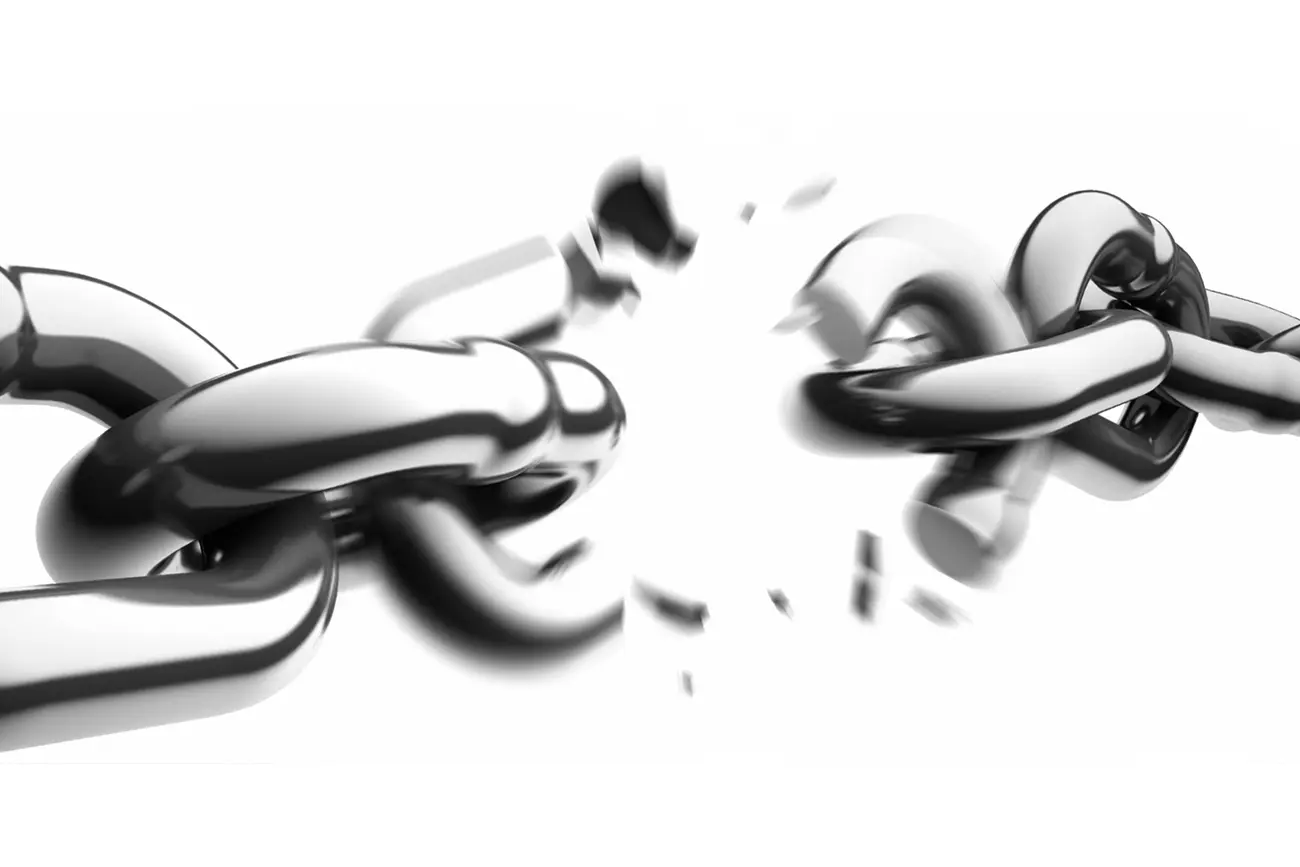
The Patriot
18 January 2015
High Court of Botswana Judge Key Dingake has called on judges and magistrates to use their judicial powers to ensure that the rights of vulnerable people are protected.
Speaking during the workshop organised for judges and magistrates by the Southern Africa Litigation Centre, Justice Dingake said that judges need to be informed and courageous, “they should not be timorous, fearful or biased,” when dealing with issues affecting vulnerable people.
Justice Dingake who also teaches law at University of Cape Town made reference to legendary common law jurist Denning LJ, who noted that the progressive development of the law is to be credited to judicial creativity and the courage of the bold spirits.
Dingake told judges and magistrates who attended the workshop that Denning disapproved of jurists who showed blind allegiance to existing rules and precedent.
Dingake who has presided over high profile cases, including the suspension of the Late Gomolemo Motsswaledi by the BDP as its secretary general, cautioned his fellow judicial officers not to be slaves of precedent noting that, avoiding that will form part of their judicial independence.
“Executive mindedness undermines the peoples’ confidence in the independence of the judiciary and has often been condemned by judges,” said Justice Dingake.
He called on them to never lose sight of the fact that the final cause of law is the welfare of society in which women, children and sexual minorities are part of.
He registered his worry over what he termed constitutional phobia by some judicial officers, who are afraid to scrutinise the constitution and added that the role of the judiciary is not only limited to interpreting the law but sometimes to develop it in a manner that promotes the enjoyment of fundamental rights.
Dingake who presided over the landmark case of inheritance, The Ramantele v Mmusi and others, CAGCH 104/12 case, called of the judges and magistrates to consider international law as an important guide when interpreting constitutional provisions especially those that relate to the right to equality for previously disadvantaged persons.
International Criminal Court first Vice President, Judge Sanji Monageng who gave a keynote address at the workshop, told the audience that they must develop jurisprudence so that it takes into account the needs of vulnerable groups to equal protection of the law.
Justice Monageng hailed the Botswana Industrial Court saying that it has been a shining light and its jurisprudence on extending the notion of prohibited groups of discrimination in the context of HIV has been used as a precedent throughout the region.
The one day workshop was held under the theme, ‘Courts’ role in protecting the right to equality of vulnerable groups in Botswana.’
A book was also launched based on perspectives from the judiciary and legal professions in Botswana, Zambia and Malawi on using the courts to protect vulnerable people.
The book titled “Using the Courts to Protect Vulnerable People: Perspective from the judiciary and legal profession in Botswana, Malawi and Zambia.”
It was edited by Anneke Meerkotter a project lawyer at SALC and some of the judges who contributed in the book include Justice Dingake and ANdrew Nyirenda SC of Malawi.
http://www.thepatriot.co.bw/news/item/519-don-t-be-slaves-of-precedent-judges-told.html



